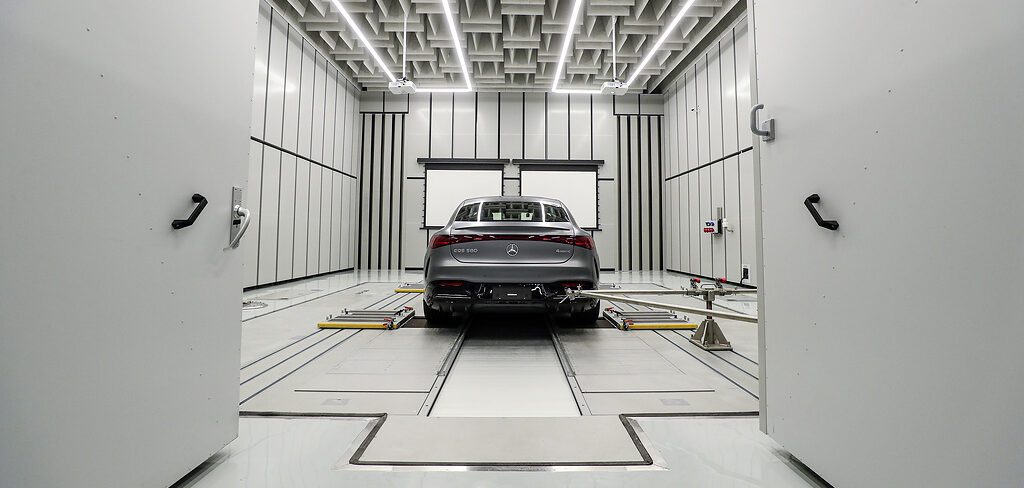Daimler says it has officially started operations at its new R&D Tech Center China in Beijing. According to the company, the center focuses on researching major technological trends and accelerating Daimler’s local product development.
Hubertus Troska, member of the board of management of Daimler AG; responsible for Greater China, remarked, “This year marks the 20th anniversary of Daimler Greater China Ltd. in Beijing. Over the years we have continuously expanded our presence in the market, including in research and development, local production and procurement. With the Daimler R&D Tech Center China we are opening a new chapter in our commitment of ‘Growing in China, with China’. It will enable an even sharper focus on customer requirements in our biggest market and accelerate the localization of new models, including electric vehicles. In the future, I expect our R&D activities in China to grow even further, fostering local innovation and contributing to our global success.”
Daimler notes that it is bundling different disciplines including research, engineering, simulation and testing, under one roof. Around 1,000 engineers will benefit from intensive exchange and expertise sharing. The new center has a gross floor area of 55,000m2 and integrates an office building as well as a test building with state-of-the-art testing facilities, a workshop, a warehouse and testing-car parking lots. At the core of the campus are its inspection, testing and validation facilities for hardware and software, which integrate all essential functions. The proximity of engineering and testing will help to speed up processes significantly.
The test building is home to seven state-of-the-art testing facilities including an eDrive lab; a charging lab; a volatile organic compounds (VOC) lab; a chassis lab; a noise, vibration and harshness (NVH) lab; an engine lab as well as an environmental lab. The new test building can accommodate more than 300 test vehicles at the same time.
The eDrive lab is equipped with two test chambers that can simulate a temperature range of -30˚C to +50˚C. The two sets of 4-wheel dynamometers can test whole electric vehicles, components or real battery pack tests. By adjusting the roller force and using big data applications, the intelligent test bench can simulate real driving conditions like air resistance or different topographies, Daimler says.
This allows comprehensive testing of next-generation electric vehicles at an early stage, under extreme conditions and throughout the year. Daimler claims that the new eDrive lab also sets benchmarks in terms of sustainability and energy conservation. It is able to recuperate the energy of the tested vehicle back into the electric grid, which reduces the overall energy consumption significantly.
Meanwhile, the Tech Center China’s new chassis lab is equipped with a road simulator that can simulate extremely rough road conditions. It is claimed to allow 100% comparable results with other locations within the global R&D network. Based on this, the engineers in the new facility can optimize comfort and durability for localized carlines, in particular for electric vehicles.


